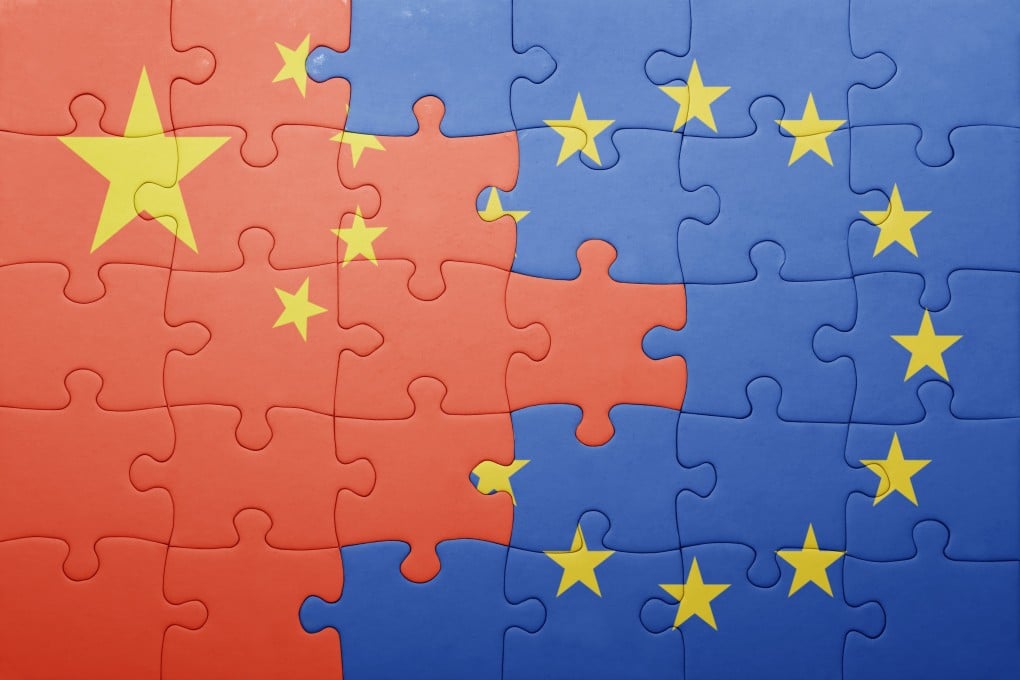China sees leverage as Portugal takes presidency of European Council
- Beijing is keen to get its investment pact with Brussels ratified and has urged Lisbon to help speed up the process
- Analyst says Portugal’s clout in Europe might be limited but the country is seen as China-friendly

Beijing’s drive to get a major investment deal ratified with Europe may get some additional help from its ties to Portugal, which on January 1 took on the six-month rotating presidency of the European Council.
The agreement “provides for an unprecedented level of market access for EU investors”, according to an EU statement that followed the signing. “The CAI will significantly improve the level playing field by laying down clear obligations on Chinese state-owned enterprises, prohibiting forced technology transfers and other distortive practices.”

02:27
US declares China has committed genocide in its treatment of Uygurs in Xinjiang
China has rejected these allegations, and said the Xinjiang camps exist, but are for re-education in the face of religious extremism and terrorism.